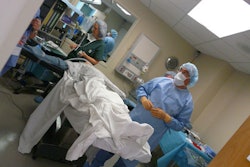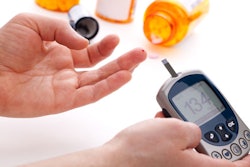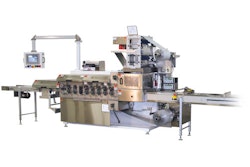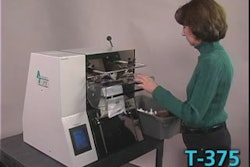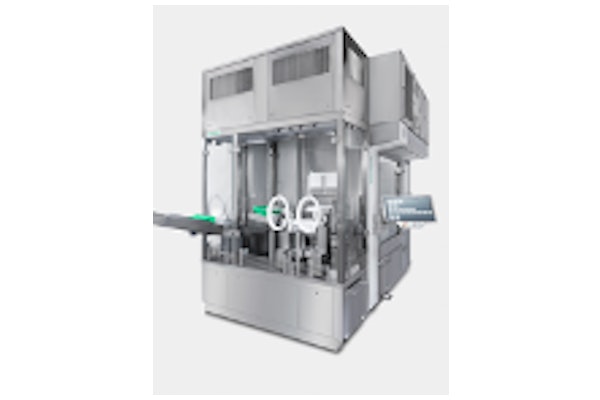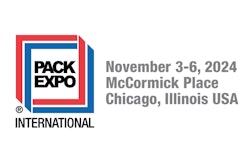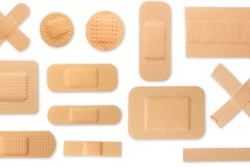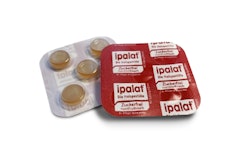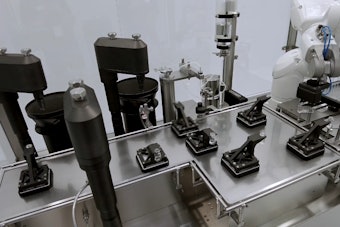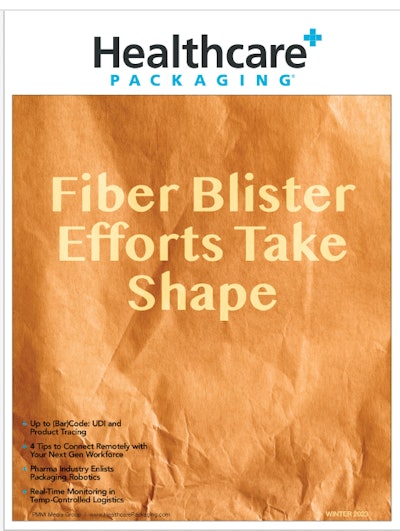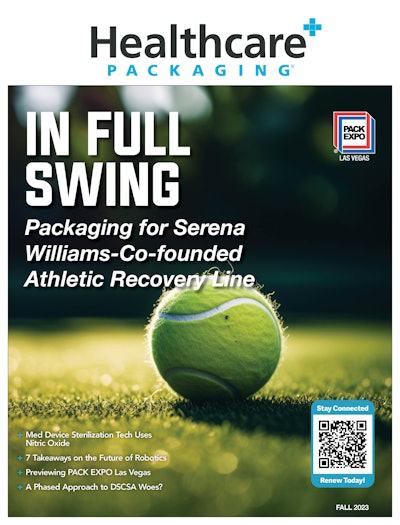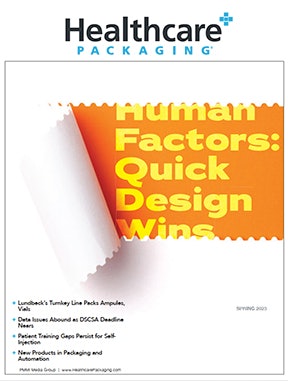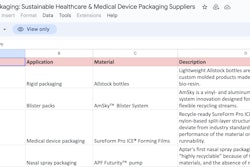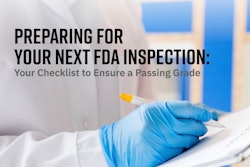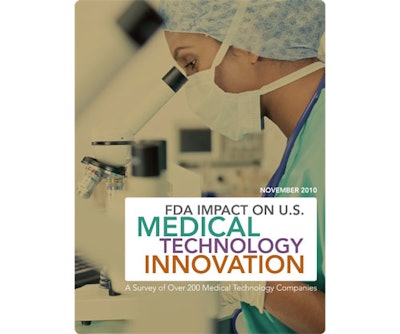
European regulatory processes permit medical technology innovations to reach patients more quickly and at a lower cost than in the U.S., where “unpredictable, inefficient, and expensive regulatory processes put the U.S. at risk of losing its global leadership position in medtech innovation.”
That implication comes from, “FDA Impact on U.S. Medical Technology Innovation,” a survey of more than 200 medical technology companies, prepared by Josh Makower, MD, Consulting Professor of medicine, Stanford university CEO, ExploraMed Development, LLC; Venture Partner, NEA, Aabed Meer, MD-MBA candidate, Stanford University, and Lyn Denend research associate, Stanford University. Study support came from the Medical Device Manufacturers Assn., the National Venture Capital Assn., and multiple state medical industry organizations. Independent data analysis and verification of the survey was by PricewaterhouseCoopers LLP.
Stephen J. Ubl, president and CEO of the Advanced Medical Technology Assn. (AdvaMed), commented on the study, saying, “This report is a wake-up call for those who want to promote medical innovation and preserve American jobs. The United States is the world's leader in the development of innovative medical technology, helping to save lives here and around the world and making significant contributions to the national economy in the process. Dr. Makower's study shows that timely patient access to new technologies and industry competitiveness are being held back because of inefficiencies that must be addressed.
“A regulatory environment that is marked by needless delays and inefficiencies makes it harder for medical innovation to thrive and companies to survive. These delays particularly hurt small companies and their ability to produce next-generation technologies. Worse, they keep technologies from waiting patients and their physicians,” said Ubl.
He noted, “We support efforts such as improving reviewer and manager training, developing specific guidance for product types, improving the de novo process and developing specific metrics to improve consistency. We urge FDA to review the findings of this study and we are committed to working with them to address these issues.”
The study, conducted during the summer of 2010, was aimed at evaluating the impact of U.S. medical device regulation on innovation and patients. Among some of the findings were the following:
• 44% of respondents indicated that part way through the premarket regulatory process they experienced untimely changes in key personnel, including the lead reviewer and/or branch chief responsible for the product's evaluation.
• 34% said that appropriate FDA staff and/or physician advisors to the FDA were not present at key FDA-company meetings.
• The premarket process for 510(k) pathway devices (of low- to moderate risk) took an average of 10 months from first filing to clearance.
• For higher-risk devices, it took an average of 54 months to work with the FDA from first communication to being approved to market the device. In Europe, it took an average of 11 months from first communication to approval.
That implication comes from, “FDA Impact on U.S. Medical Technology Innovation,” a survey of more than 200 medical technology companies, prepared by Josh Makower, MD, Consulting Professor of medicine, Stanford university CEO, ExploraMed Development, LLC; Venture Partner, NEA, Aabed Meer, MD-MBA candidate, Stanford University, and Lyn Denend research associate, Stanford University. Study support came from the Medical Device Manufacturers Assn., the National Venture Capital Assn., and multiple state medical industry organizations. Independent data analysis and verification of the survey was by PricewaterhouseCoopers LLP.
Stephen J. Ubl, president and CEO of the Advanced Medical Technology Assn. (AdvaMed), commented on the study, saying, “This report is a wake-up call for those who want to promote medical innovation and preserve American jobs. The United States is the world's leader in the development of innovative medical technology, helping to save lives here and around the world and making significant contributions to the national economy in the process. Dr. Makower's study shows that timely patient access to new technologies and industry competitiveness are being held back because of inefficiencies that must be addressed.
“A regulatory environment that is marked by needless delays and inefficiencies makes it harder for medical innovation to thrive and companies to survive. These delays particularly hurt small companies and their ability to produce next-generation technologies. Worse, they keep technologies from waiting patients and their physicians,” said Ubl.
He noted, “We support efforts such as improving reviewer and manager training, developing specific guidance for product types, improving the de novo process and developing specific metrics to improve consistency. We urge FDA to review the findings of this study and we are committed to working with them to address these issues.”
The study, conducted during the summer of 2010, was aimed at evaluating the impact of U.S. medical device regulation on innovation and patients. Among some of the findings were the following:
• 44% of respondents indicated that part way through the premarket regulatory process they experienced untimely changes in key personnel, including the lead reviewer and/or branch chief responsible for the product's evaluation.
• 34% said that appropriate FDA staff and/or physician advisors to the FDA were not present at key FDA-company meetings.
• The premarket process for 510(k) pathway devices (of low- to moderate risk) took an average of 10 months from first filing to clearance.
• For higher-risk devices, it took an average of 54 months to work with the FDA from first communication to being approved to market the device. In Europe, it took an average of 11 months from first communication to approval.
